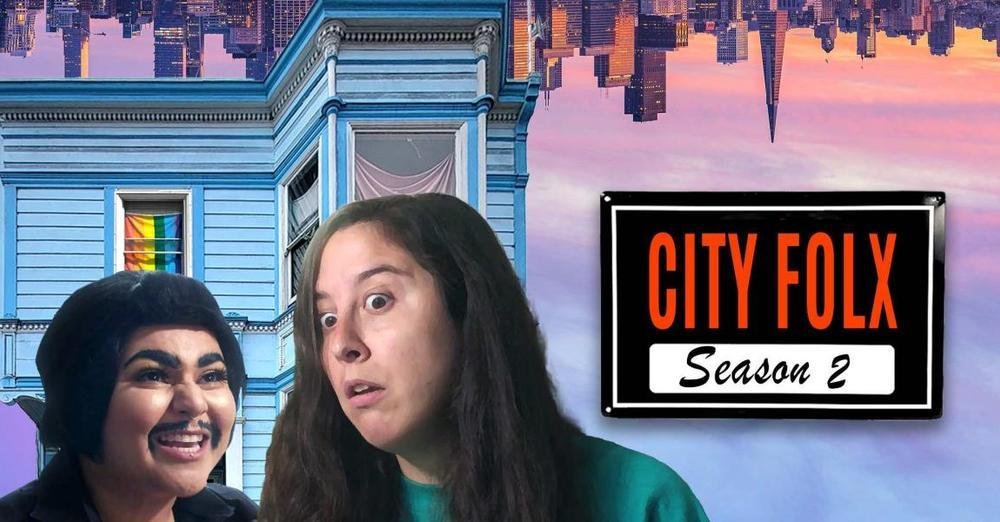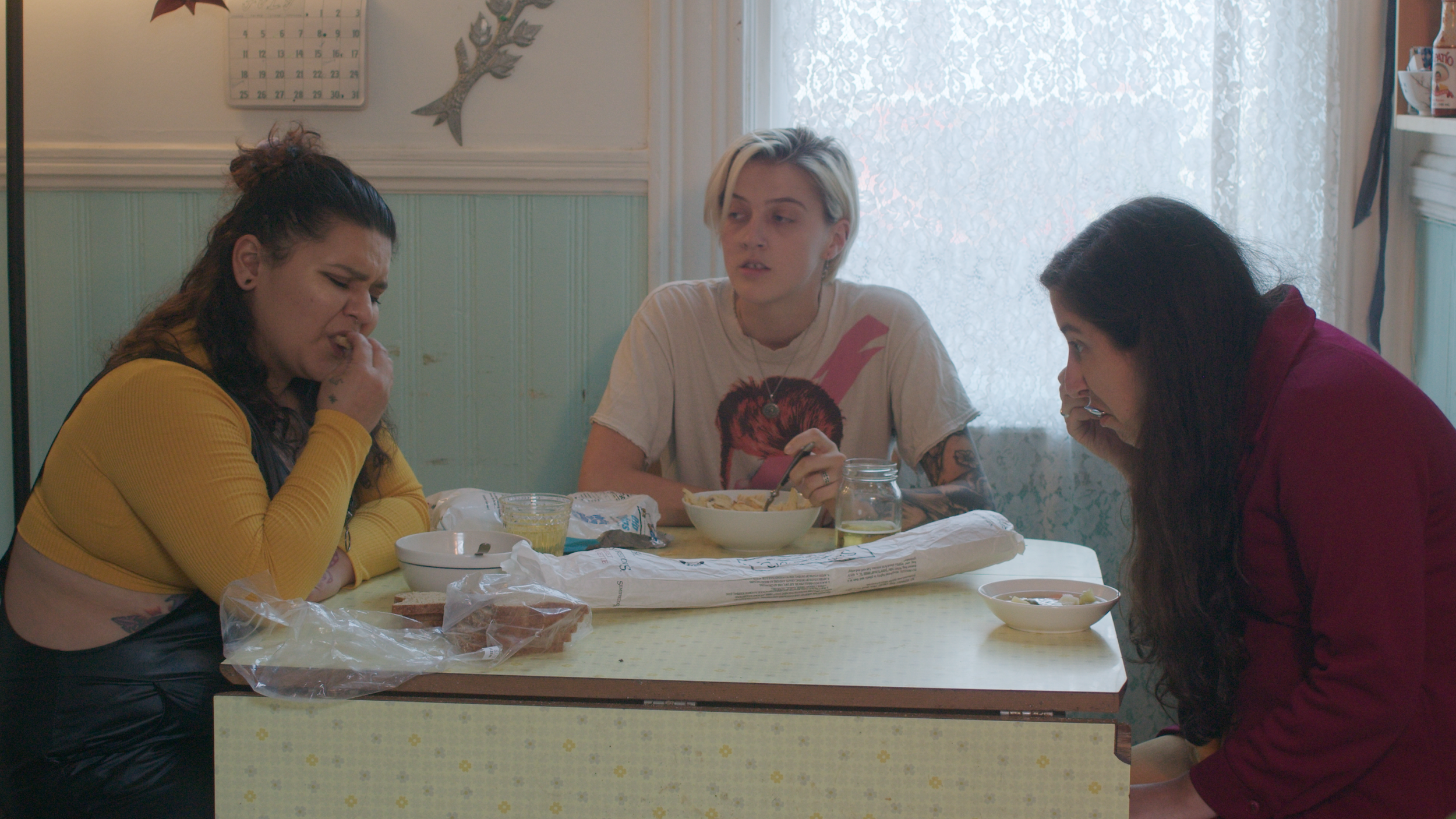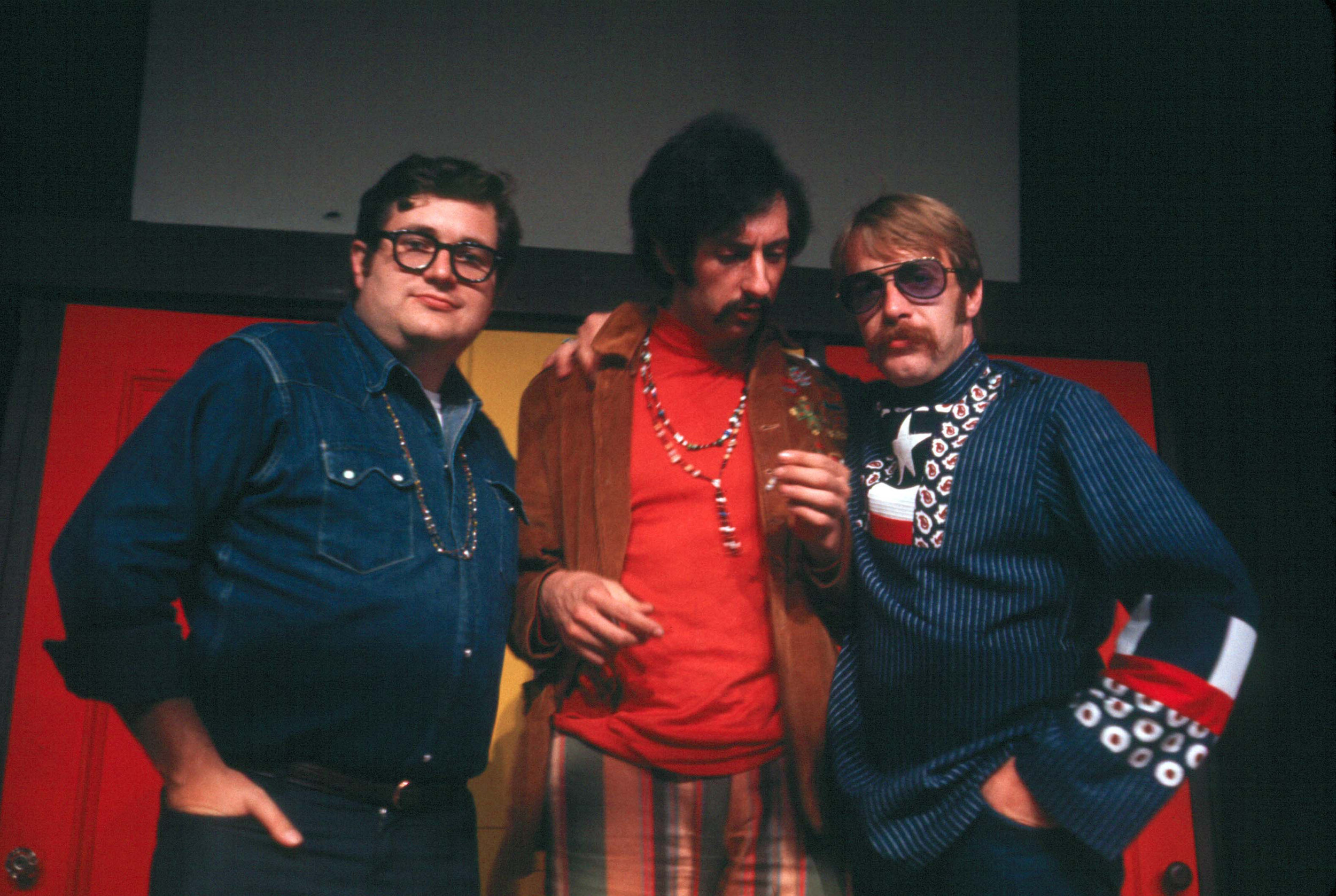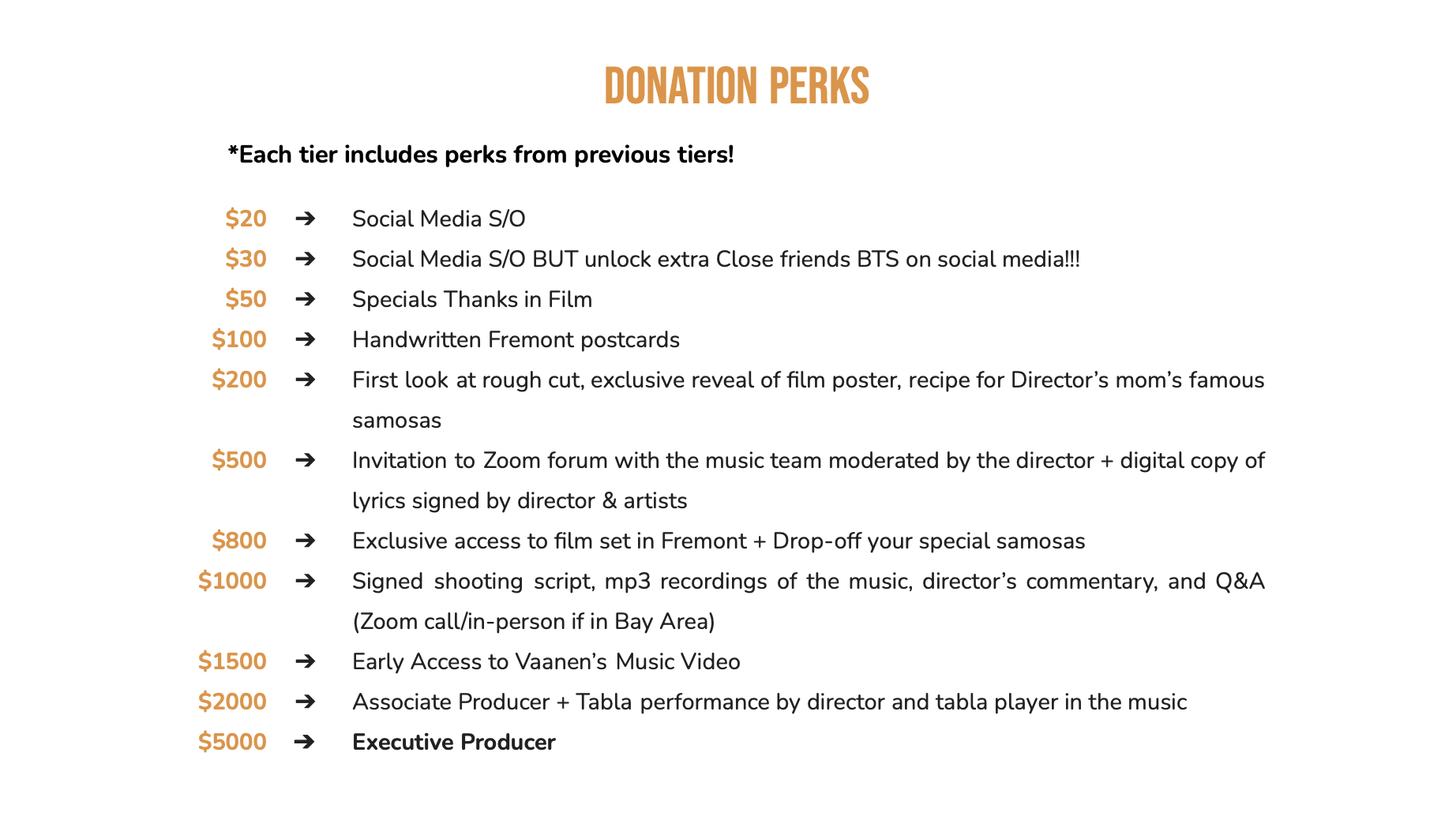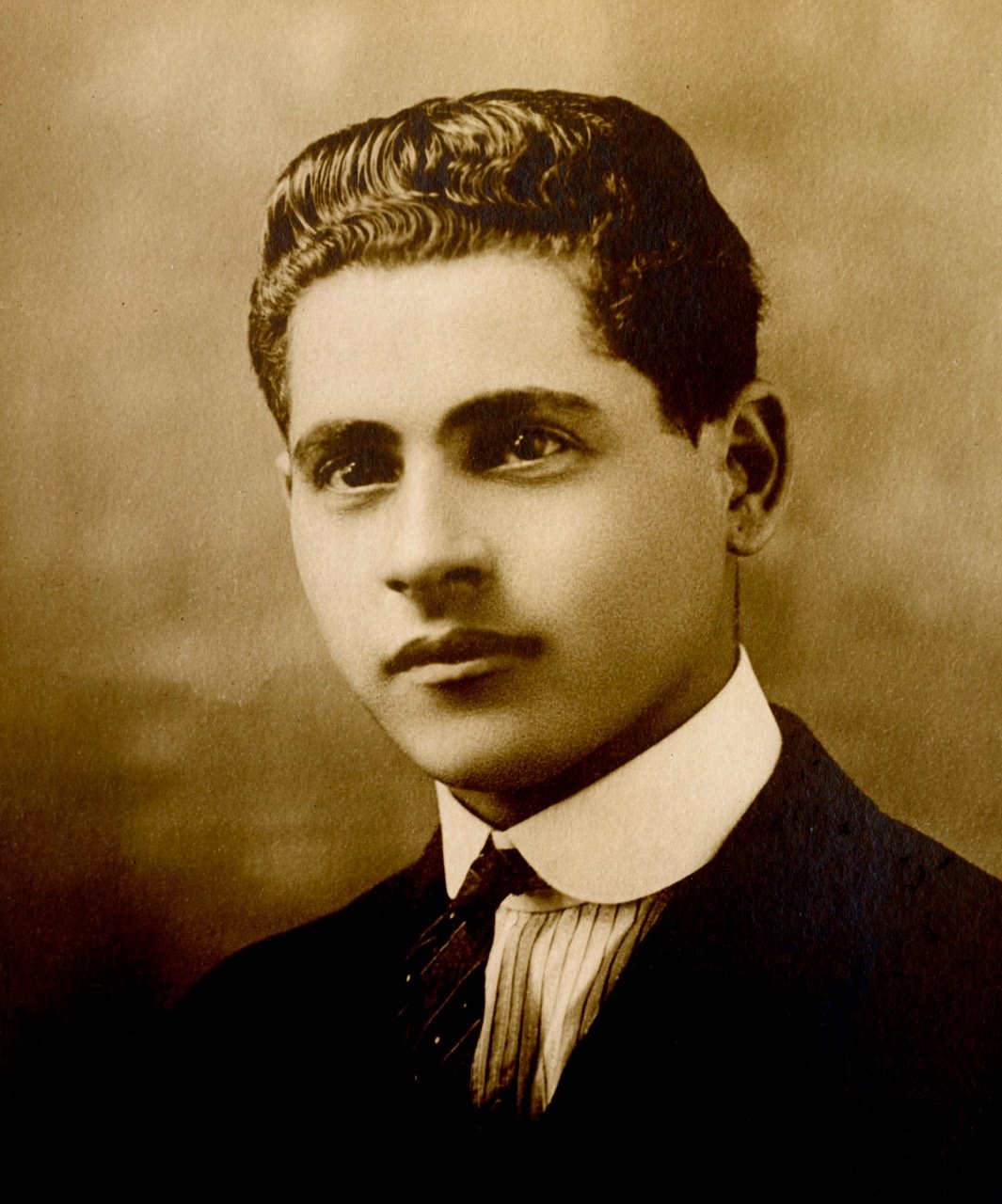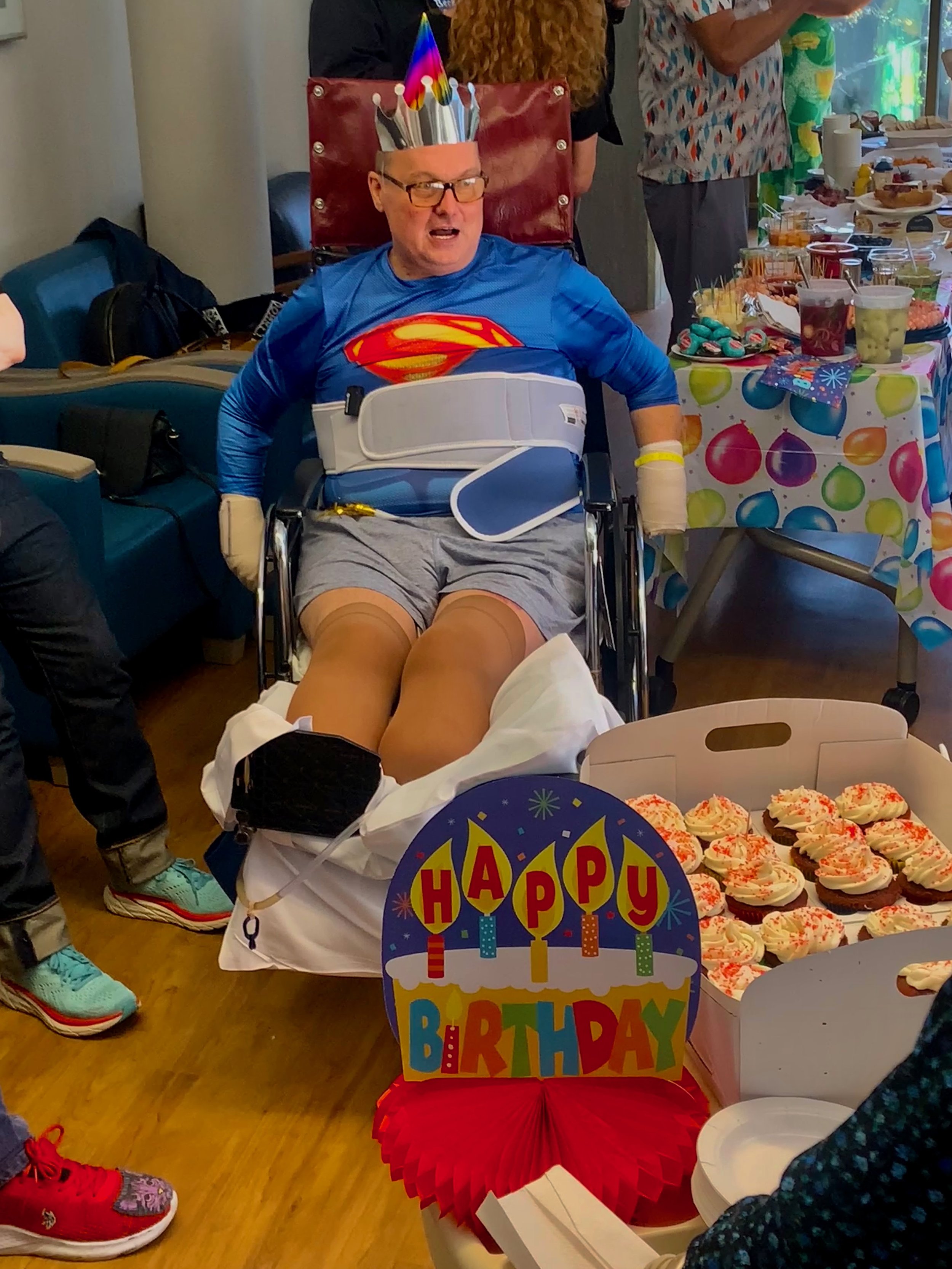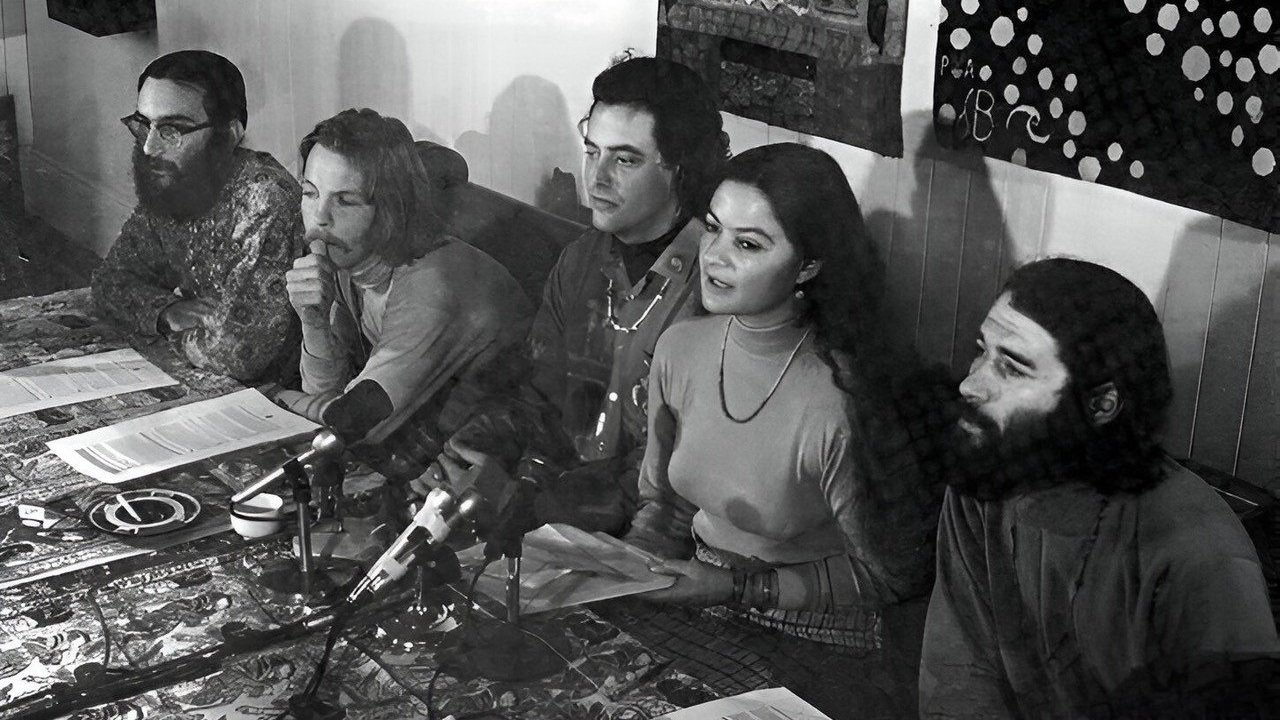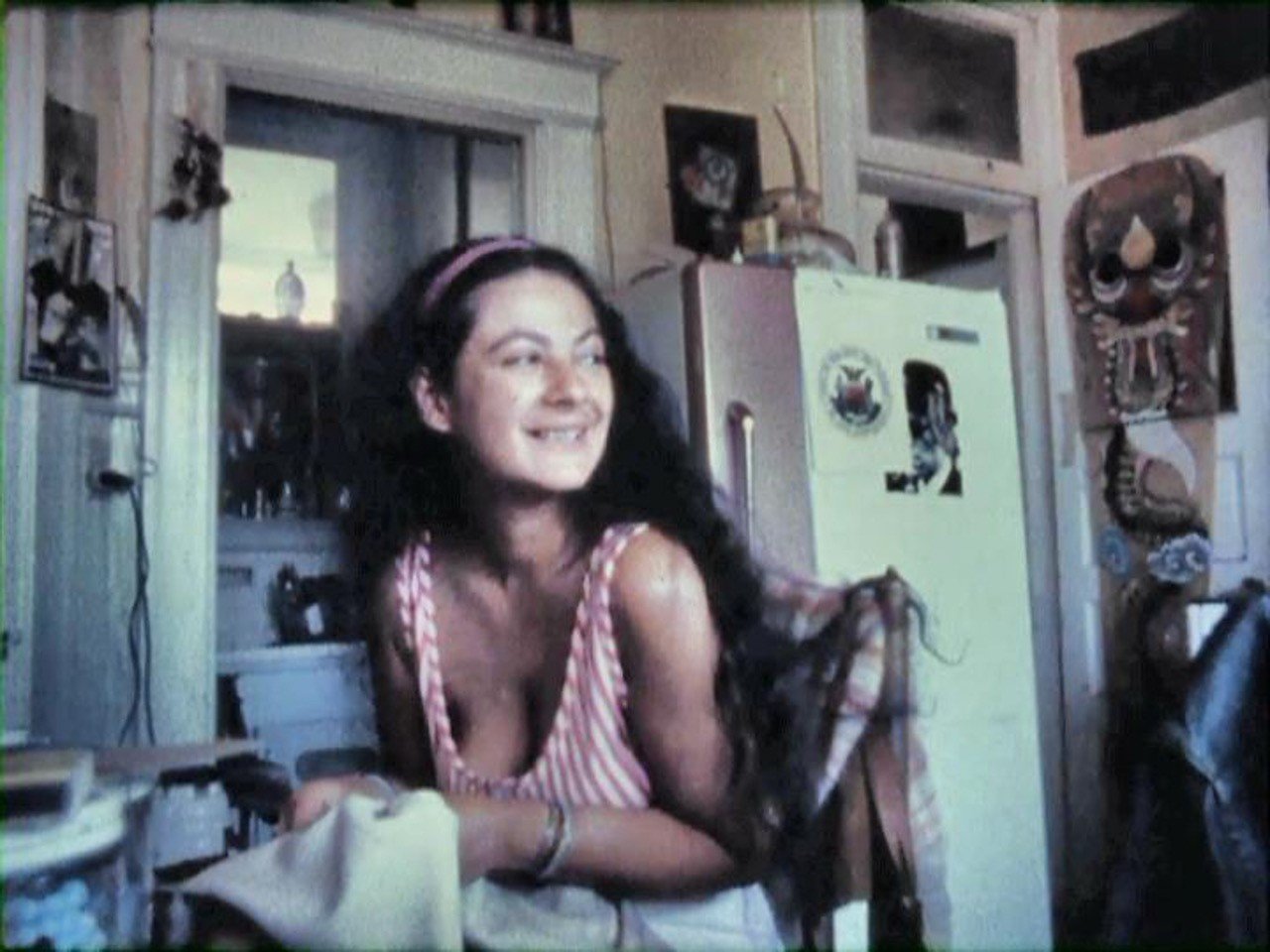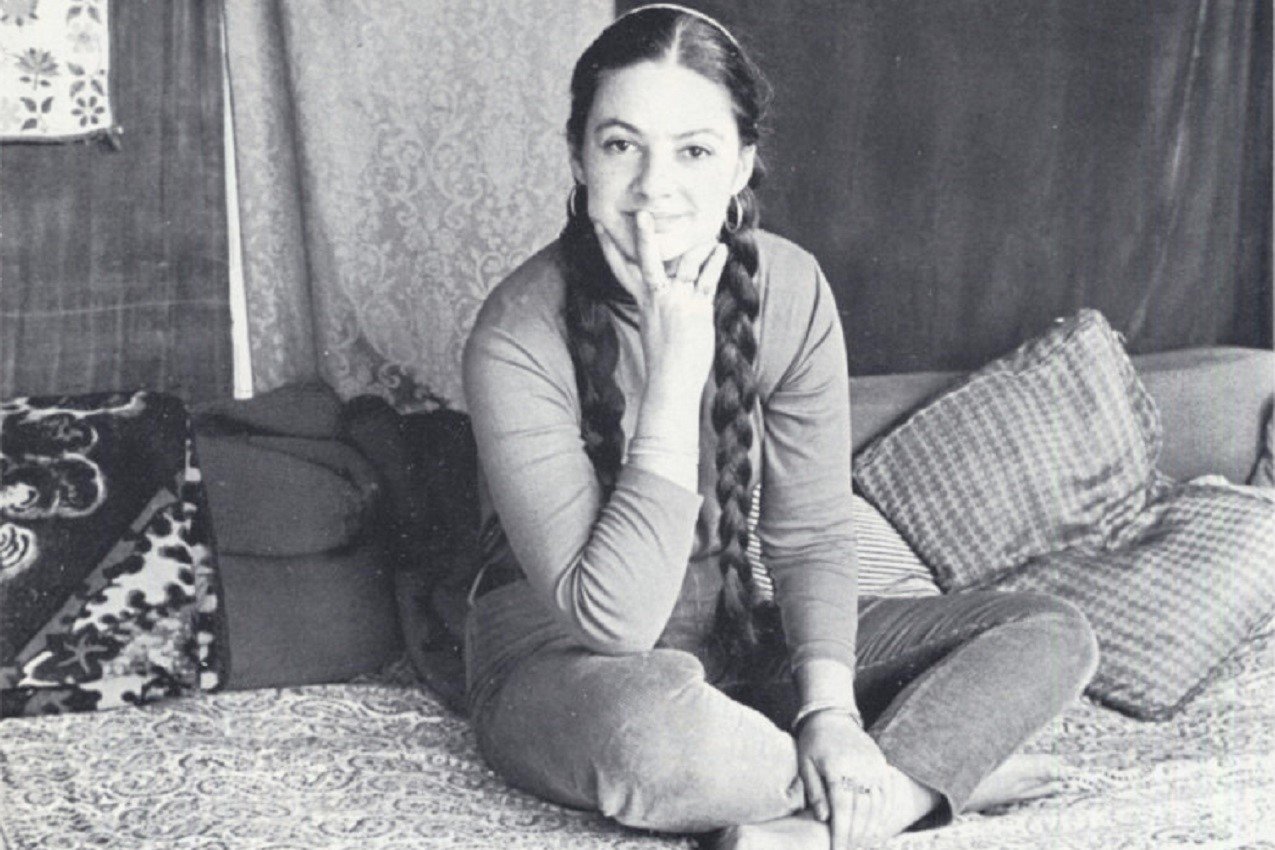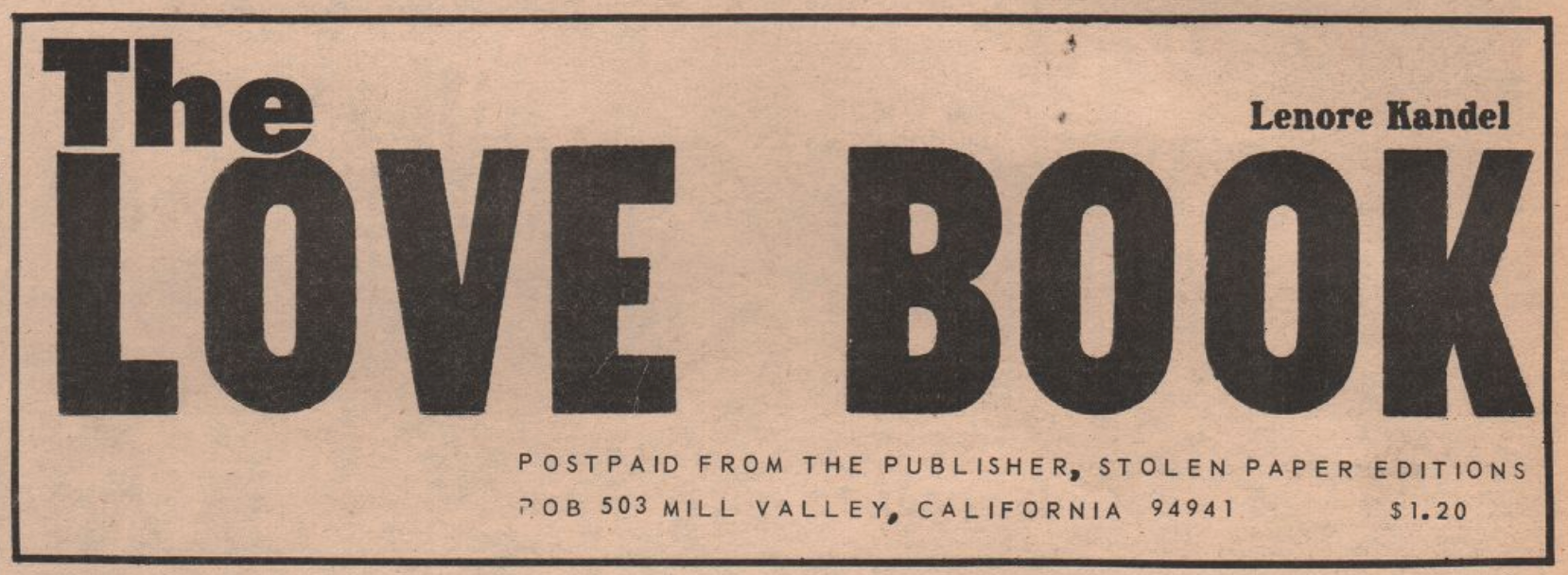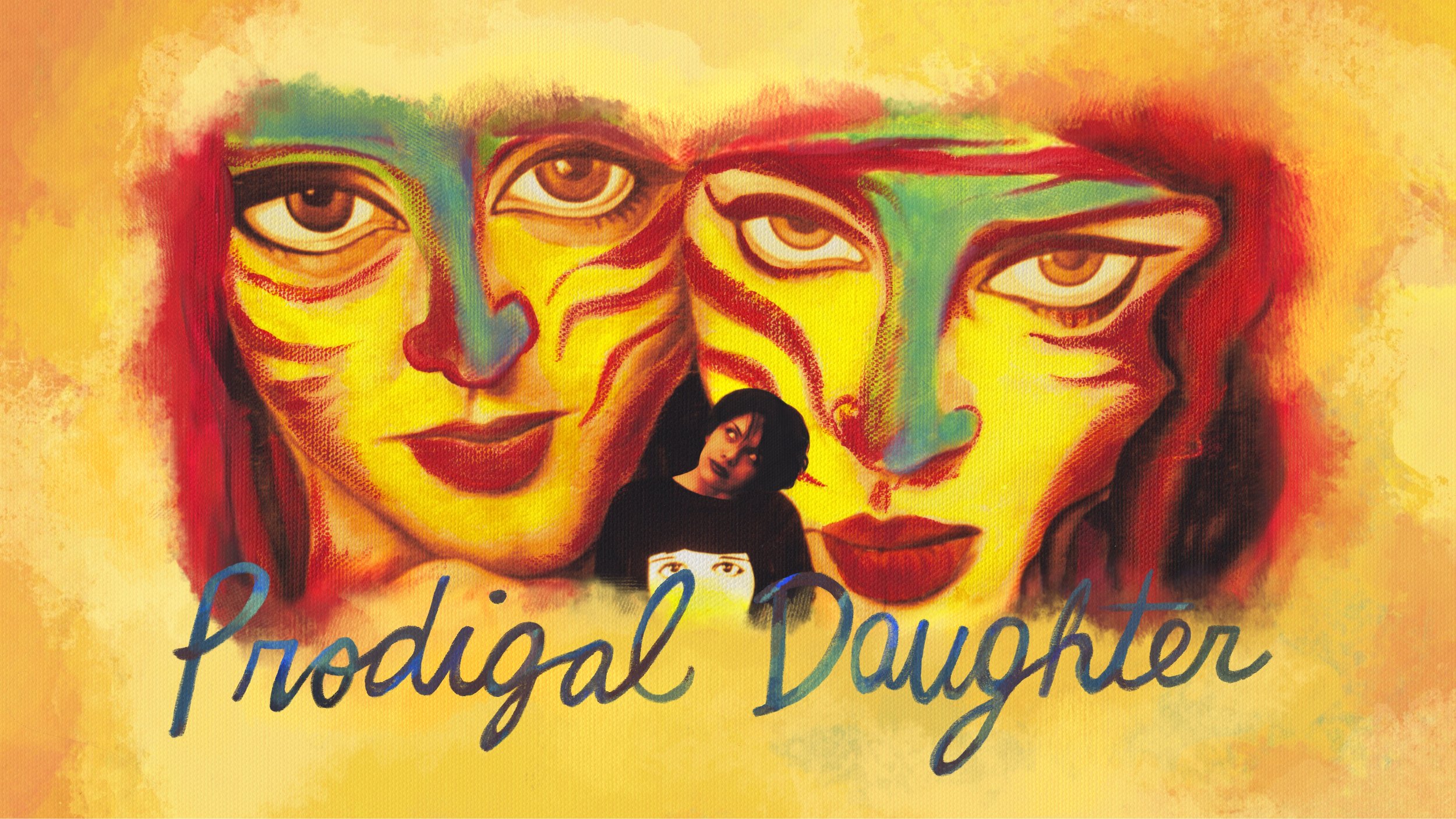Hogan’s Wild Ride: The Great Montana Train Chase of 1894: is a documentary film that examines a significant yet underexplored moment in American history. During the Silver Panic of 1894, William Hogan, an unemployed miner, led over 600 men in a daring train journey across Montana to join Coxey’s Army, a national protest for economic relief in Washington, D.C. This story highlights key themes of labor rights, economic inequality, and collective action, drawing powerful connections to contemporary struggles for social and economic justice.
The film will serve as an educational tool, with a strong focus on outreach to high schools, universities, and community organizations. Through curated educational materials, expert historian interviews, and engaging storytelling, the project aims to bring history to life for students and audiences of all ages. By fostering critical discussions about labor movements, economic unrest, and civic activism, it will enrich educational curricula and inspire future generations to connect with the lessons of the past.
Montana’s unique cultural and historical identity is central to the project, showcasing the state’s role in this national movement while preserving its heritage. Partnerships with the Butte-Silver Bow Public Archives, Montana Historical Society, and a panel of historians ensure historical accuracy and depth. The creative team, including experienced filmmakers and educators, is dedicated to crafting a story that resonates both locally and nationally.
By emphasizing the educational potential of Hogan’s Wild Ride, this project seeks to go beyond entertainment, using history as a lens to explore enduring questions of inequality and collective action. It aims to empower educators, engage communities, and spark meaningful dialogue about the ongoing relevance of grassroots movements in shaping a more equitable society.
Creative Director: Dr. Franz Michael Gottleib is a versatile filmmaker and storyteller. At G3 Cinema, he has directed and produced narratives and documentaries that resonate emotionally to underscore the good that humans do. His documentaries advocate for the natural environment (Montana Wilderness Association, Friends of Lolo Peak). A recent feature length narrative, Tango Fine’, explores the creative courage to realize a vision. Adding to his wide interests is an ongoing documentary on the Navy Lacrosse Decade of Dominance.
In addition to his filmmaking, Dr. Gottleib is a graduate of the U.S. Naval Academy, holds five degrees including a Doctor of Management in Organizational Leadership and has been an educator since 2001. As an adjunct professor at Walden University, he mentors doctoral students. Prior to his move to Montana, his San Francisco design studio focused on corporate identity.
He has traveled extensively over 49 states and three continents. His diverse background—spanning engineering, athletics, the arts, and organizational development—enriches his storytelling; a unique voice for both film and academia.
Executive Producer: Jerry Spencer
Jerry will oversee the entire project, from initial concept to final distribution. He will manage the financial aspects, including securing funding and distribution deals, and will be responsible for maintaining the overall vision of the film. Jerry is an experienced entrepreneur who has started, run, and sold for a profit, three businesses and been involved in startup funding and execution for over 20 years. Jerry has two utility patents, deep background and experience with computers, and an in depth understanding of the business startup and success cycle.
For this production Jerry will also be responsible for the duties of the traditional role of Producer. He will handle the day-to-day operations of the production, including scheduling, coordination between different departments (such as cinematography, sound, and re-enactment teams), and ensuring that the project remains on time and within budget.
Learn more: www.timelesstales.media








